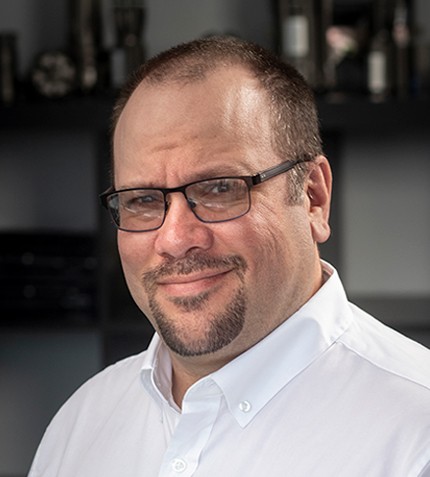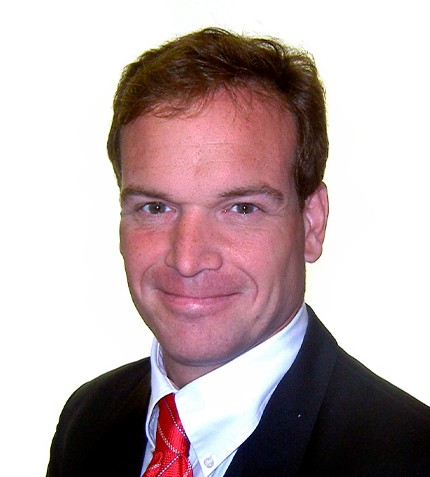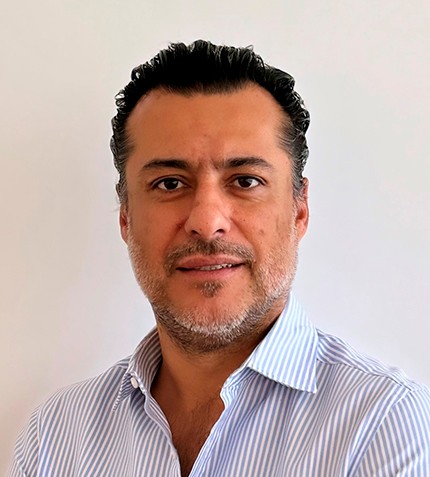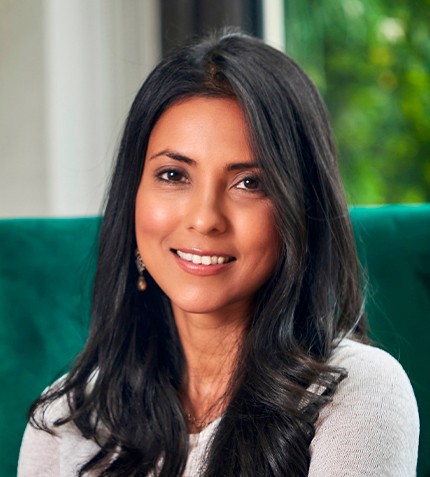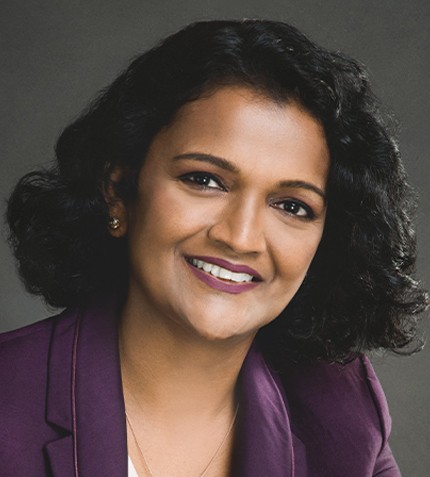
"The new site demonstrates the strengthening of our commitment to Singapore, where we now have four production facilities, in line with the Singaporean government’s stance on promoting specialty chemicals."
Vimala Arumugam
MANAGING DIRECTOR, BASF SOUTH EAST ASIA AND BASF (MALAYSIA)
Can you give an overview of BASF South East Asia’s (BASF) performance over the past year?
Compared to 2021, BASF Singapore experienced approximately 25% growth in 2022, with €380 million in sales. This growth was mainly driven by the reopening of markets after COVID and high energy prices. The markets have since started to normalize and we have seen chemical prices decreasing again, especially upstream products, primarily driven by lower energy prices. Today, consumer demand is still not at pre-pandemic levels, but we believe it has bottomed out and hopefully, we will see some recovery in 2023.
What is the strategy behind the opening of BASF’s new Agricultural Solutions production site in Tuas?
BASF Singapore made a €40 million strategic investment into our Tuas site to create a production hub in APAC for our Agricultural Solution business. This hub will support the needs of over 20 million hectares of farmland in the region, and farmers can now benefit from a more flexible and faster supply of BASF’s innovative sustainable agriculture solutions. The Tuas site produces our latest innovations based on the proprietary active ingredients, Inscalis and Revysol, among others, and is designed to initially handle six different liquid formulation technologies. We will also produce products that were previously manufactured in Europe in the Tuas site to better serve the Asian market. The new site also demonstrates the strengthening of our commitment to Singapore, where we now have four production facilities, in line with the Singaporean government’s stance on promoting specialty chemicals, and we also have great support from EDB in this regard.
Can you comment on BASF’s NetZero strategy for 2050 and other sustainability initiatives?
BASF believes that chemistry can play a key role in providing solutions for a more sustainable future. The company has innovative products and technologies that can assist in overcoming some of the global challenges we are facing, whether it is implementing technologies to manage the usage of resources efficiently or playing a role in feeding the world population.
Being a chemical production company, we are energy intensive. In 1994 pledged our commitment to sustainability, and our activities have been heavily aligned with this ever since. Today, we have a clear vision to reach carbon neutrality by 2050, despite also increasing production capacity as we move forward. To reach our goal, BASF will invest close to €4 billion, mainly into energy transition solutions and operation optimization. In moving towards our NetZero by 2050 target, we aim to reduce our emissions by approximately 25% by 2030, compared to 2018. We have established concrete plans and measures for each region and at each site, and we are strategically partnering with local players to find solutions that allow us to actively reduce our carbon emissions.
BASF Group also supports the UN’s Sustainable Development Goals (SDGs), which create the framework for sustainable business practices at the economic, social, and environmental levels. In Singapore, we are focussed on SDG 4, Quality Education, and SDG 11, Sustainable Cities and Communities. We are collaborating with various NGOs, industry players, and beneficiaries on targeted activities to ensure inclusive and equitable quality education and promote life-long learning opportunities, and make human settlements inclusive, safe, resilient, and sustainable. For example, BASF has been running Kids’ Lab since 2003, where we handle sustainability-related topics with school children, partner with educational institutions to run various programs and engage with the future workforce, offering them mentoring. We also collaborate with SCIC to run career programs and raise awareness about the importance of sustainability, and BASF is a founding member of the global Alliance to End Plastic Waste where we participate in beach clean-ups and sustainability talks.
What are BASF’s main objectives for the next year?
BASF SEA is part of the overall business ecosystem of the BASF Group’s global businesses. What we produce in Singapore does not only stay in the country but serves the entire APAC region. Singapore is one of three regional business centers in Asia. We will continue to innovate and bring top-quality solutions and technologies to the market, seizing opportunities that arise, especially around sustainability.




